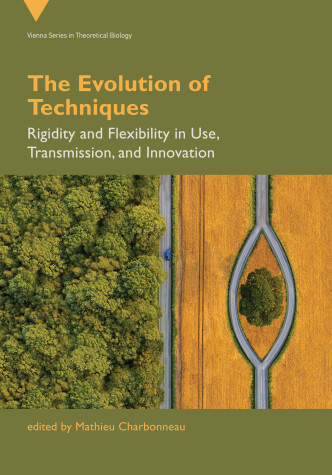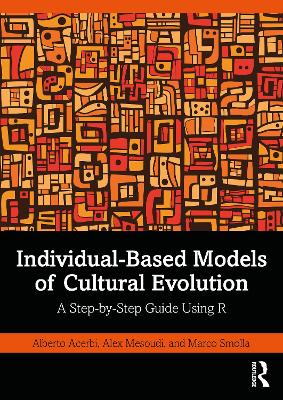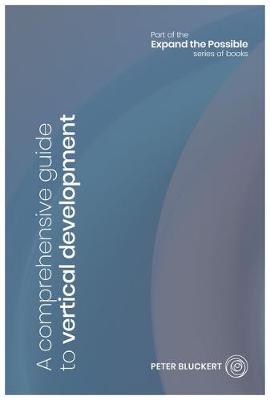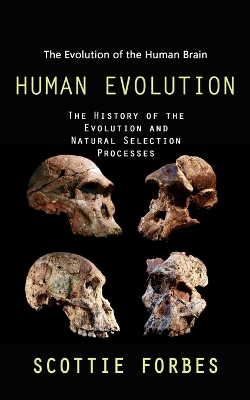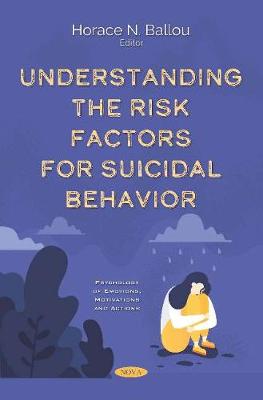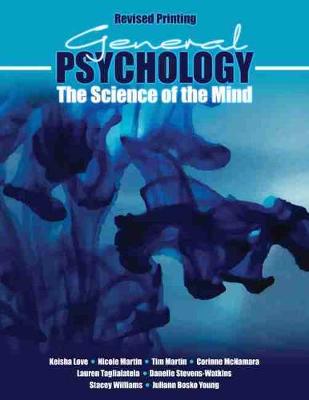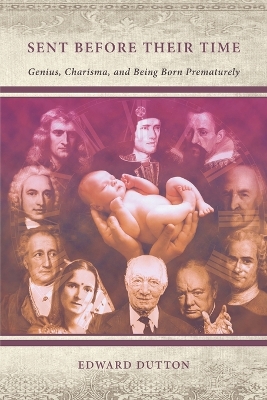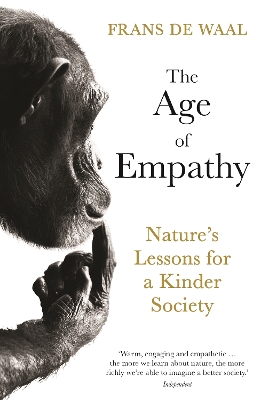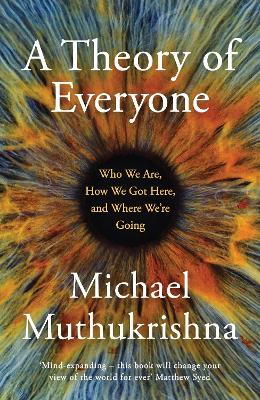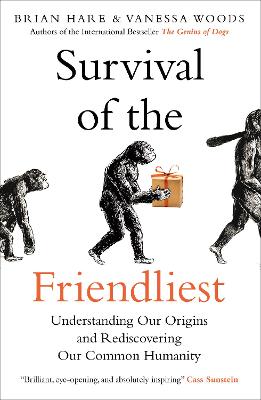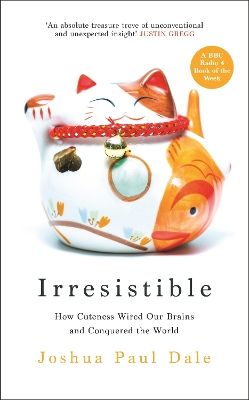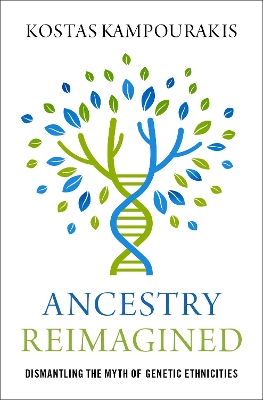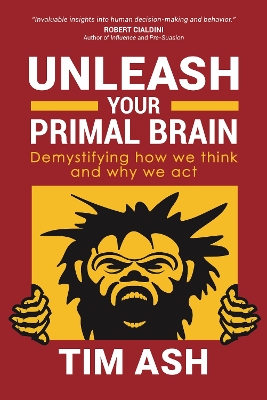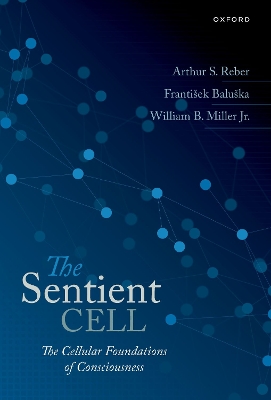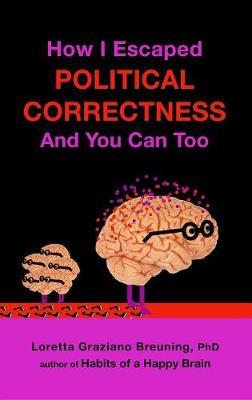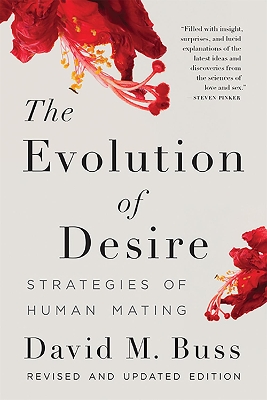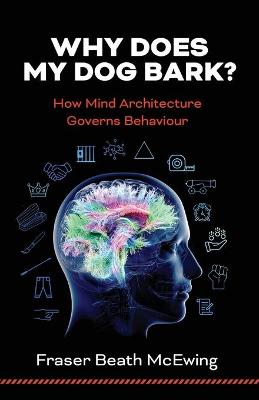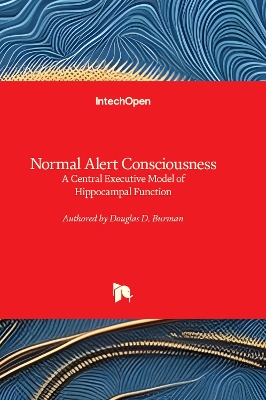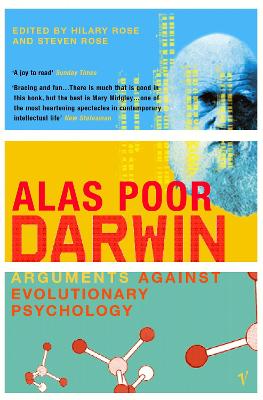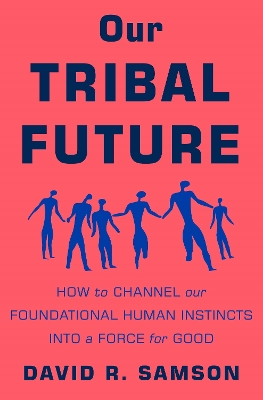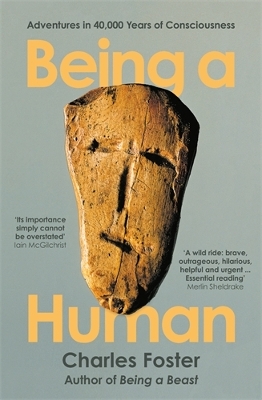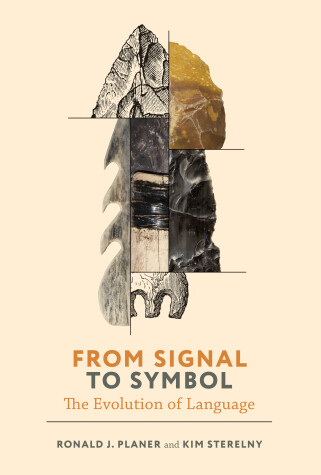A novel, interdisciplinary exploration of the relative contributions of rigidity and flexibility in the adoption, maintenance, and evolution of technical traditions. Techniques can either be used in rigid, stereotypical ways or in flexibly adaptive ways, or in some combination of the two. The Evolution of Techniques, edited by Mathieu Charbonneau, addresses the impacts of both flexibility and rigidity on how techniques are used, transformed, and reconstructed, at varying social and temporal sca...
Individual-Based Models of Cultural Evolution
by Alberto Acerbi, Alex Mesoudi, and Marco Smolla
Individual-Based Models of Cultural Evolution shows readers how to create individual-based models of cultural evolution using the programming language R. The field of cultural evolution has emerged in the last few decades as a thriving, interdisciplinary effort to understand cultural change and cultural diversity within an evolutionary framework and using evolutionary tools, concepts, and methods. Given its roots in evolutionary biology, much of cultural evolution is grounded in, or inspired b...
A Comprehensive Guide to Vertical Development (Expand the Possible)
by Bluckert Peter
Understanding the Risk Factors for Suicidal Behavior
In this compilation, the authors provide a literature review of the relationship between hormones including testosterone, prolactin, leptin, hypothalamus-pituitary-adrenal axis hormones, hypothalamus-pituitary-thyroid axis hormones, oxytocin, ghrelin, estradiol and progesterone, insulin, melatonin and suicidal behavior, which has potential public health and clinical significance. Next, protective factors for suicide are highlighted. The discussion also shows how these protective factors also int...
General Psychology: The Science of the Mind
by Keisha Love, Danelle Stevens-Watkins, William Rick Fry, Nicole Martin, Jeffrey Coldren, Tim Martin, Corinne Mcnamara, Frank Ragozzine, and Lauren Taglialatela
New Publication Now Available! General Psychology: The Science of the Mind is a state-of-the-art introduction to the field of psychology that is written to the interests and needs of today's students. More than just a textbook, General Psychology fuses a workbook within the framework of the text encouraging students to not only be passive readers of psychology, but also active ""doers"" of psychology. The NEW Fourth Edition of General Psychology: The Science of the Mind: Promotes active learnin...
'Kindness and co-operation have played a crucial role in raising humans to the top of the evolutionary tree ... We have thrived on the milk of human kindness.' Observer BY THE AUTHOR OF ARE WE SMART ENOUGH TO KNOW HOW SMART ANIMALS ARE? 'There is a widely-held assumption that humans are hard-wired for relentless and ruthless competition ... Frans de Waal sees nature differently - as a biological legacy in which empathy, not mere self-interest, is shared by humans, bonobos and animals.' Ben Mac...
'A fabulous book' The Economist'Mind expanding - this book will change your view of the world forever' Matthew Syed'Wonderfully refreshing and thought-provoking' Peter Frankopan'Original, fascinating, and provocative' Andrew McAfeeA blueprint for a better future. Playing on the phrase "a theory of everything" in physics, Michael Muthukrishna offers a unified theory of human behavior, culture, and society - a theory of everyone.Drawing on the most recent research across the sciences, hu...
‘Brilliant, eye-opening, and absolutely inspiring – and a riveting read.’ Cass Sunstein, author of How Change Happens and co-author of Nudge What is the secret to humanity’s evolutionary success? Could it be our strength, our intellect… or something much nicer? From the authors of New York Times bestseller The Genius of Dogs comes a powerful new idea about how ‘friendliness’ is the key factor in the flourishing of our species. Hare and Woods present an elegant new theory called self-domestica...
A BBC Radio 4 'Book of the Week' 'Fascinating ... you'll never look at a Hello Kitty or a Pokémon the same way again' Mail on Sunday Why are some things cute, and others not? What happens to our brains when we see something cute? And how did cuteness go global, from Hello Kitty to Disney characters? Cuteness is an area where culture and biology get tangled up. Seeing a cute animal triggers some of the most powerful psychological instincts we have - the ones that elicit our care and protection...
Recent social and political psychological research indicates that increased access to ancestry testing has strengthened the notion of genetic essentialism among some groups, or the idea that our biology ties us to particular ethnic identities. This can boost a sense of cultural pride and prosocial behaviors among communities that are perceived to be similar. In the worst-case scenarios, however, this phenomenon can contribute to deeper social woes like misinformation, anti-science agendas, and e...
Understand what makes us human! Unleash Your Primal Brain is about the commonalities all 8,000,000,000 people on earth share. Our ancestors were molded by ruthless survival pressures from the earliest days of life on the planet. Adaptations which worked long ago are still inside of us – also shared with insects and reptiles. Later additions are common to all mammals from the tiniest shrews to the most massive whales. Some capabilities were bolted on relatively recently and are only shared with...
All species, extant and extinct, from the simplest unicellular prokaryotes to humans, have an existential consciousness. Without sentience, the first cells that emerged some 4 billion years ago would have been evolutionary dead-ends, unable to survive in the chaotic, dangerous environment in which life first appeared and evolved. In this book, Arthur Reber's theory, the Cellular Basis of Consciousness (CBC), is outlined and distinguished from those models that argue that minds could be instantia...
The Psychotherapy of Hope
How I Escaped from Political Correctness, and You Can Too
by Loretta Graziano Breuning
If we all want love, why is there so much conflict in our most cherished relationships? To answer this question we must look into our evolutionary past, argues prominent psychologist David M. Buss. Based one of the largest studies of human mating ever undertaken, encompassing more than 10,000 people of all ages from thirty-seven cultures worldwide, The Evolution of Desire is the first work to present a unified theory of human mating behaviour. Drawing on a wide range of examples of mating beha...
During the last half century, several scientific theories have been developed to explain experimental findings related to our conscious experiences, particularly those involving perceptual awareness. The adequacy and philosophical implications of these theories have been debated fiercely by both scientists and philosophers, including their adequacy in explaining the subjective nature of consciousness. The adequacy of theoretical models has been controversial in part because there is no consensus...
Today, genes are called upon to explain almost every aspect of our lives, from social inequalities to health, sexual preference and criminality. Based on Darwin's theory of evolution and natural selection, Evolutionary Psychology with its claim that 'it's all in our genes' has become the most popular scientific theory of the late 20th century. Books such as Richard Dawkins's The Selfish Gene, Edward O.Wilson's Consilience and Steven Pinker's The Language Instinct have become bestsellers and fram...
What do you think of when you hear the word "tribalism?" For many, it conjures images of bigotry, xenophobia, and sectarian violence. Others may envision their own tribe: family, friends, and the bonds of loyalty that keep them together. Tribalism is one of the most complex and ancient evolutionary forces; it gave us the capacity for cooperation and competition, and allowed us to navigate increasingly complex social landscapes. It is so powerful that it can predict our behaviour even better than...
A SPECTATOR BOOK OF THE YEAR 2022 'A thrilling deep-dive through our evolutionary past, and a witty and learned commentary on why we are the way we are - and what wisdom we've lost along the way' Cal Flynn, author of Islands of Abandonment 'A wild ride: brave, outrageous, hilarious, helpful and urgent ... essential reading' Merlin Sheldrake, author of Entangled Lives What kind of creature is a human? If we don't know what we are, how can we know how to act? Charles Foster sets out to understa...
From Signal to Symbol (Life and Mind: Philosophical Issues in Biology and Psychology)
by Ronald Rlaner and Kim Sterelny
A novel account of the evolution of language and the cognitive capacities on which language depends. In From Signal to Symbol, Ronald Planer and Kim Sterelny propose a novel theory of language: that modern language is the product of a long series of increasingly rich protolanguages evolving over the last two million years. Arguing that language and cognition coevolved, they give a central role to archaeological evidence and attempt to infer cognitive capacities on the basis of that evidence, wh...
